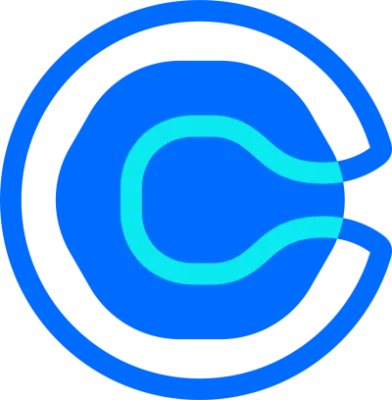Table of contents
Job applicants start forming an impression of your company before they ever hit “apply.” Based on just your screening and application process, they decide for themselves how clearly you communicate the position, how well you express your company's culture and how much you respect their time and effort.
In a 2018 CareerBuilder survey of job seekers:
48% reported that they start forming an impression of an employer during the screening stage
78% believe that their experience as an applicant reflects how they would be treated as an employee
Only 49% said they get the same respect as current employees
These results demonstrate that, on the whole, employers have plenty of room for improvement in the eyes of employees. Communication is the biggest gap, and chatbots are helping to fill it.
What are chatbots?
Chatbots are automated answer generation tools. Powered by AI, they parse user questions and mine company resources to find the answers. People know names like Siri and Alexa best, but chatbots are popping up on business websites across the web.
Chatbots are pervasive — and becoming even more so. Research from AccentureDigital has revealed that 56% of professionals believe that chatbots are disrupting their industries, and 43% believe that their competitors are already taking advantage of chatbot capabilities.
What can chatbots offer HR?
In their roles as consumers, today's job applicants are accustomed to personalized communication. Most companies don't have the resources to offer this kind of attention to every candidate who submits an application or resumé, but a chatbot can.
Companies can program their chatbot to pop up whenever a candidate views their career page or fills out an application. Through the bot, candidates can ask basic questions about the company's application process — its timeline, how long it takes to hear back and even what they will need to provide as part of the application.
Chatbots can respond to all of this without a human recruiter ever getting involved. This streamlines the early stages of the recruiting process, freeing up recruiters to meet the kind of needs that a machine can't serve. Chatbots can even begin forging a relationship between the applicant and company, starting the interview process on the right foot.
Andy Pittman, VP of talent strategy with Mailchimp, believes that technology can make the hiring process even more connected and personal as well.
Take the scheduling process, for example. Mailchimp uses Calendly to streamline interview scheduling. This gives HR reps more one-on-one time with candidates, letting them talk about expectations and assess the all-important culture fit.
More and more companies are incorporating scheduling systems like Calendly — as well as other AI functions—into their website’s chatbots, making it simple to streamline schedules, stay in touch with top talent, and keep both applicants and customers happy.
What are some common concerns about chatbots?
Of course, as with any technology, not everyone is happy about the integration of automated solutions. Some people see the progress of chatbots and worry that these tools could one day replace recruiters entirely, forcing applicants to be evaluated by machines instead of people. Others worry about a possible over-reliance on chatbots, with companies depending on them to answer all applicant inquiries and solve all problems that come along.
Whether you want chatbots to answer all your recruiting needs, or you're afraid that they will, it's important to remember one thing: chatbots aren't designed to replace human HR reps, nor could they.
Historically, chatbots only resolve about 69% of the inquiries they start — the rest get escalated to human representatives.
What chatbots can do is resolve simpler inquiries — “How long should it take to hear back about an interview? Should I still apply if I don't have a degree?” — leaving representatives free to handle more complex questions. This is where a chatbot's value lies.
Integrating automation with a personal touch
At Calendly, we live at the intersection of automation and human connection. We use tech to handle the logistical elements of interviewing, from scheduling to the collection of preliminary information.
Our invitee questions, when added to a standard interview invitation, make it easier for hiring managers to screen applicants and focus the interview process. Some of these questions can weed out under-qualified applicants or those who may be poor fits, leaving recruiters free to focus on more promising candidates. Others can highlight particularly exciting aspects of a candidate's background, helping interviewers make the most of the conversation.
Technology and human connection aren't rivals. When used correctly, they're complementary, automating more mundane tasks so people can focus on human connections.
In the end, chatbot technology creates stronger relationships between applicants and recruiters.
Webinar: Prelude's scheduling automation for recruiting
Related Articles
Don't leave your prospects, customers, and candidates waiting
Calendly eliminates the scheduling back and forth and helps you hit goals faster. Get started in seconds.
Calendly eliminates the scheduling back and forth and helps you hit goals faster. Get started in seconds.

